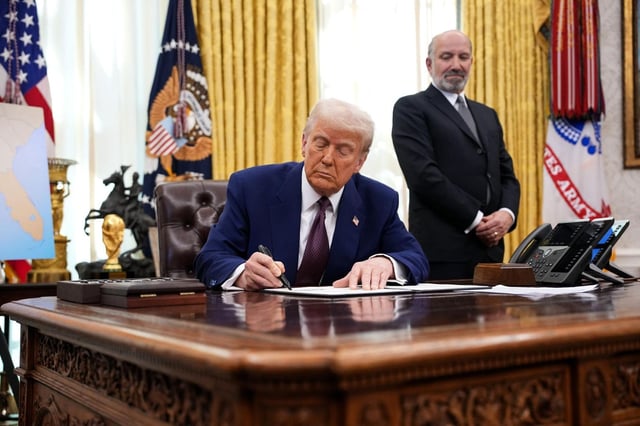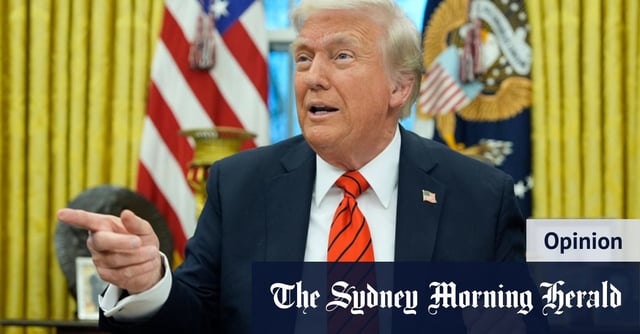Overview
- Donald Trump has proposed a 'reciprocal tariff' system, aiming to match the tariff rates of trading partner countries, but experts warn it could create logistical and economic challenges.
- The plan would require the U.S. to calculate and implement tariff rates for thousands of products across nearly 200 countries, a task deemed highly complex and resource-intensive.
- The European Union and other nations have indicated they may retaliate with their own tariff increases, further escalating global trade tensions.
- Critics argue that the policy could lead to higher prices for U.S. consumers, inflation, and disruptions to global supply chains, particularly for American businesses reliant on international trade.
- Analysts suggest that the proposal may be used as leverage in trade negotiations, but its implementation risks undermining the World Trade Organization and existing trade agreements.



